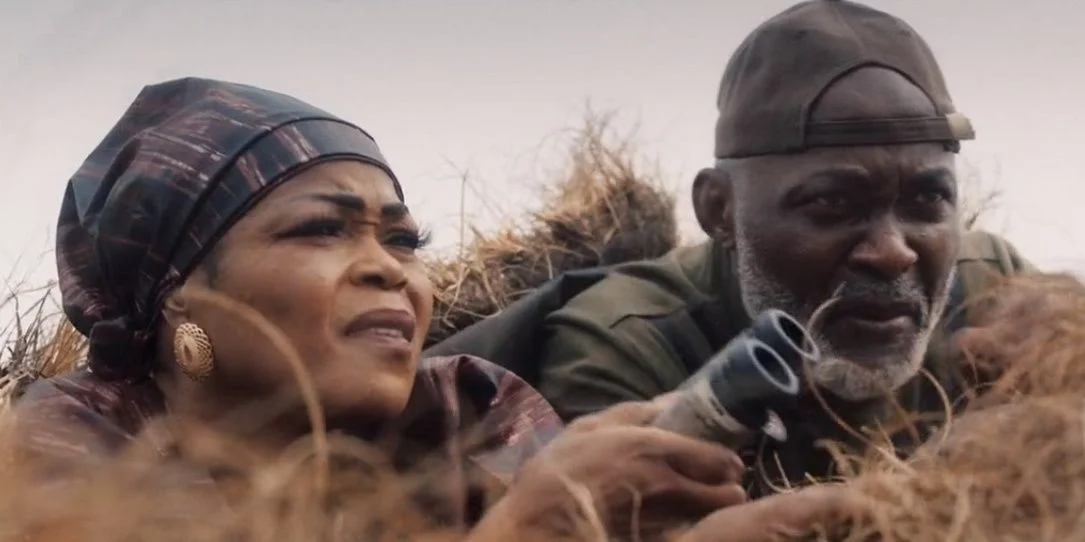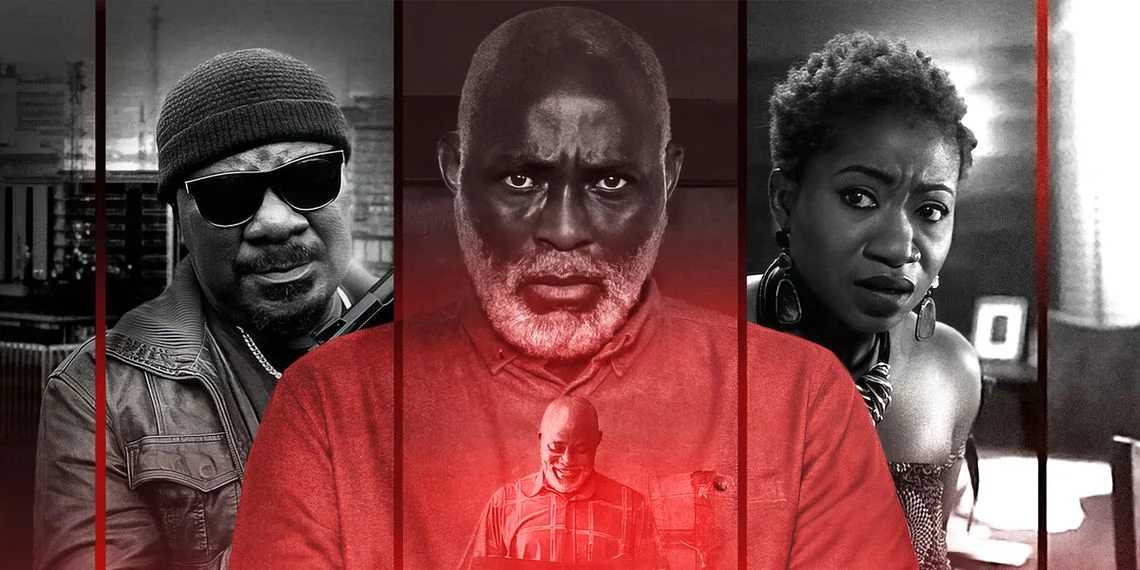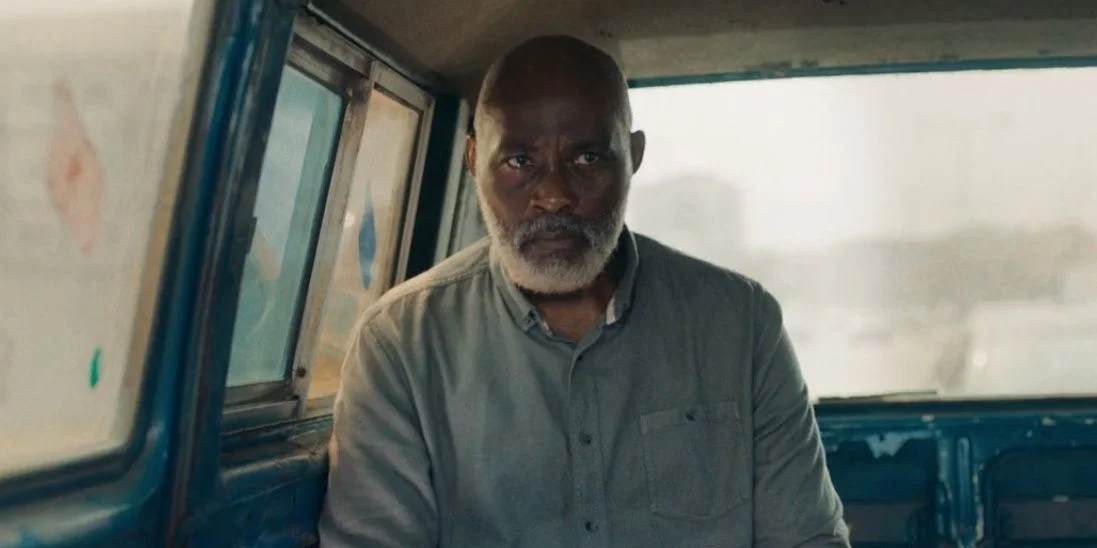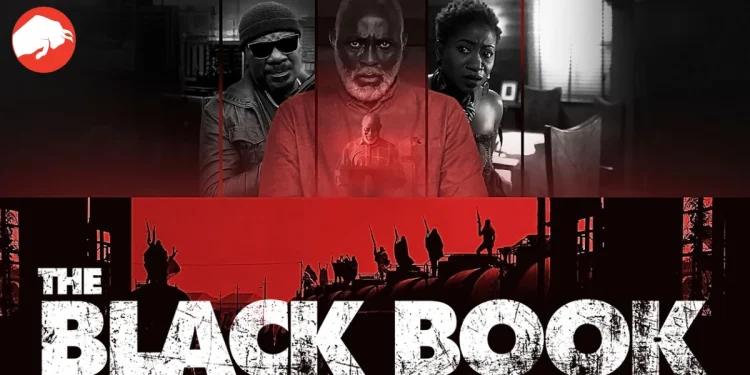Bringing Nollywood to the Global Stage
“If you have seen John Wick or Pierre Morel’s Taken, Editi Effiong’s The Black Book will be a journey down memory lane.” So says the buzz surrounding one of Netflix’s current hits, The Black Book. This isn’t just any film; it’s a daring venture that redefines African cinema, particularly Nigeria’s Nollywood, and shows it can hold its own on the world stage. Directed by Editi Effiong in his feature debut, the film dives deep into authentic cultural storytelling—something often missing in Hollywood adaptations.
A Plot Thick With Revenge and Redemption
The Black Book isn’t just a run-of-the-mill action flick. The star-studded cast includes Nollywood’s A-listers like Richard Mofe-Damijo, Olumide Oworu, and Bimbo Akintola. At its core, it’s a gritty tale of power struggles, revenge, and redemption with undertones of religion and corruption.
“The Black Book is about power, revenge, corruption, and redemption, with elements of religion, but not in a preachy way.”

The story zeroes in on Paul Edima (Richard Mofe-Damijo), a retired mercenary now leading a quieter life as a deacon. However, when his son is falsely accused of kidnapping an anti-corruption crusader’s family, Paul dives back into his old life to clear his son’s name.
Cultural Authenticity: A Breath of Fresh Air
The cast also includes dynamic characters such as Vic Kalu (Ade Laoye), a journalist committed to truth, and General Isa (Alex Usifo Omiagbo), the formidable antagonist. But it’s Shaffy Bello’s Big Daddy that steals the show.
“Big Daddy’s character plotline, in particular, brings a breath of freshness to the film, reminiscent of the ancient West African all-women army that inspired Gina Prince-Bythewood’s The Woman King.”

Far from falling into the stereotypical ‘Hollywood trap,’ The Black Book grounds its narrative in the Nigerian setting, making the storyline far more engaging and believable.
The Dark Underbelly of Nigerian Corruption
“Bribery is loud. So loud that you see security operatives take money as bribes on public roads without an iota of shame.” That’s the level of blunt depiction The Black Book brings when addressing corruption in Nigeria. The film does not tiptoe around the subject; instead, it tackles it head-on, showing a raw, unfiltered view of corruption that’s often hushed in global cinema.
Power Dynamics and Hierarchies
The film also lays bare the stark power hierarchies within Nigerian society, highlighting the ‘Oga oh’ culture—where subordinates unquestionably follow their leaders. In a country that has seen multiple coup attempts since its independence, power is a treacherous game, and this film does not shy away from showing just that.

A Symphony of Languages
Another unique feature is its linguistic approach. Instead of taking the easy way out by using English, Editi Effiong decided to let the setting dictate the language, ensuring even greater authenticity.
“English in its pure Nigerian form is spoken by the upper class, even though indigenous languages are also thrown in once in a while.”
More Than Just a Movie
With its action-packed sequences, intriguing human stories, and cultural undertones, The Black Book serves as more than just entertainment. It’s a significant leap for Nollywood and African storytelling as a whole. In the words of Editi Effiong, The Black Book is an adventure in cultural exploration that takes you on an emotional and powerful journey.
Nollywood, with The Black Book, is clearly stepping out of the shadows and into the limelight, offering a cinematic experience that is both deeply Nigerian and universally human. It’s not just a movie; it’s a movement.









